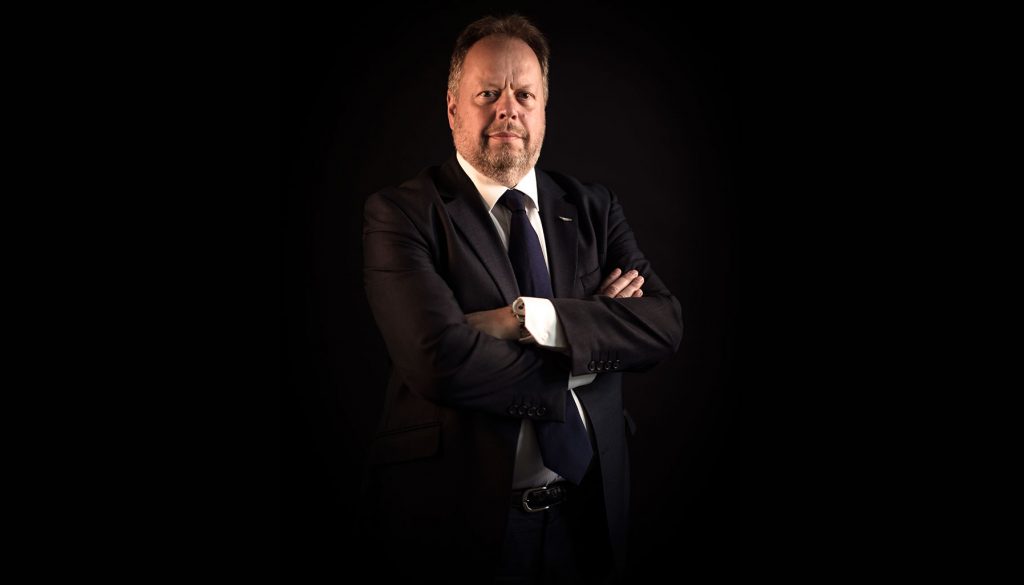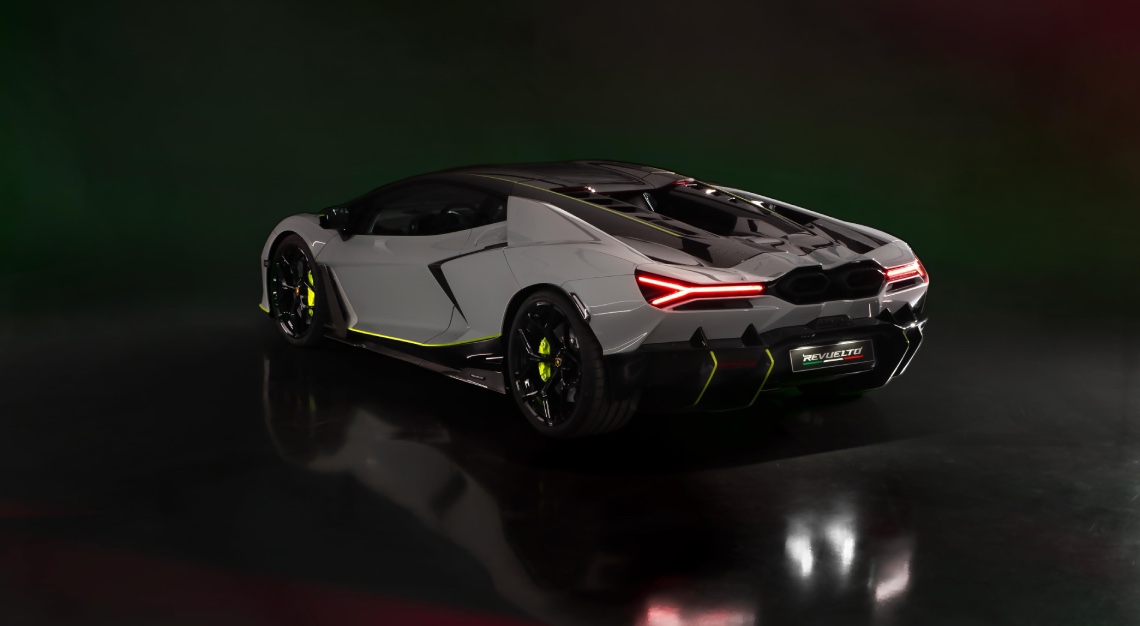From sports cars to sedans, and even an SUV, what lies ahead for the British brand in the next 10 years? Not pod cars, that’s for sure
When Dr Andy Palmer moved from Nissan to Aston Martin in late 2014, it’s safe to say he had an uphill task ahead of him.
The brand was trapped in a vicious cycle, with an ageing product line-up and sales figures that waffled between stagnating and falling. After Palmer took charge, changes were drastic – Aston Martin cut nearly 20 per cent of its workforce, and shortly thereafter announced its bold Second Century Plan.
The spearhead of that is the DB11, which launched in 2016 to critical acclaim. A good start, then, but as I found out from Palmer, there’s still much to be done and plenty more in the pipeline.
You’re promising to launch seven new cars in seven years, but isn’t the risk of product cannibalisation a real prospect, much like the short-lived Virage?
In fact, product cannibalisation will be reduced. Back then, we had Vantage, DB9, Vanquish, which were competing in roughly the same market segment. What we’ve tried to do with our upcoming products is put them into clusters. We can draw seven clusters in a ‘map’ where the DB11, Vantage, Vanquish, our upcoming mid-engined car, Lagonda and DBX SUV, with cars that target clearly different customer types. Rather than fighting with three cars in one narrow space, now we have this. There will be less cannibalisation.
Porsche has proved that a traditional sports car manufacturer making an SUV can be hugely profitable. But where do you see the forthcoming DBX fit into the Aston Martin line-up, and some might say it’s a cynical attempt to cash in?
Rolls-Royce will never build a mid-engined sports car, neither will Bentley because Lamborghini is in the VW Group with them, and Ferrari will never build a full SUV because they’re with Maserati and Alfa Romeo in the Fiat Group. We’re independent, so we can cover the entire luxury ‘map’.
We’re trying to create a luxury car company that essentially competes with Hermes or Chanel. We should have products that cover the entire range. I would argue we have more legitimacy to an SUV than any of the other groups, reason being we’re a luxury group. And not cynically going after one or the other because it’s a convenient money-maker.
Where do you see the future of the sports car?
Fleet emissions have to come down and there are even electric sports cars now. Can you see Aston Martin as a manufacturer of nothing but electric vehicles (EVs)? That’s outside of my tenure, for sure. My prediction is by 2040, half of all vehicles sold will either be plug-in hybrids or EVs. The other half will be regular hybrids.
The question then is which of those 50 per cent segments will Aston Martin be in. My hope is it’ll be somewhere between the two. We will be the first luxury car company to have a pure EV by 2019. On the other hand, we consciously made the decision to continue making V12s.
The V12 is such a big part of Aston Martin’s heritage and image. Do you ever see that going away?
Not while I’m here. Down the road, who knows, but at least within my tenure, hopefully for another 10 years, we’re committed to continue producing V12s and manual transmissions. We do that because other carmakers are going towards connected cars, zero-emissions cars, ride-sharing. What’s that doing? It’s driving you down the path of a driverless pod and we’re seeing lots of concept cars like that.
Pods are commodities, so when you get to that point, you’re just fighting on price. There will be winners and losers, and a lot of car companies will die. We’ll all have a pod, maybe even two or three in our garage. But there are going to be people who can afford it, that will want something to escape from that pod. To express their individuality and their love of driving.
Those are Aston Martin’s future customers. I sincerely believe that the safest place to be right now is to be in the luxury industry. It’s not going to go away. If anything, it’s going to expand as the rich get richer. But the premium and mass market area, it’s going to be a bloodbath.
There’s going to be billions of dollars spent on these new technologies, reducing margins. Then they’re going to fight on price, and the brand becomes less meaningful. That’s why we don’t create lots of capacity and increase volume. Keep it rare, keep it exclusive, keep it expensive. Let the big boys fight it out among themselves.















